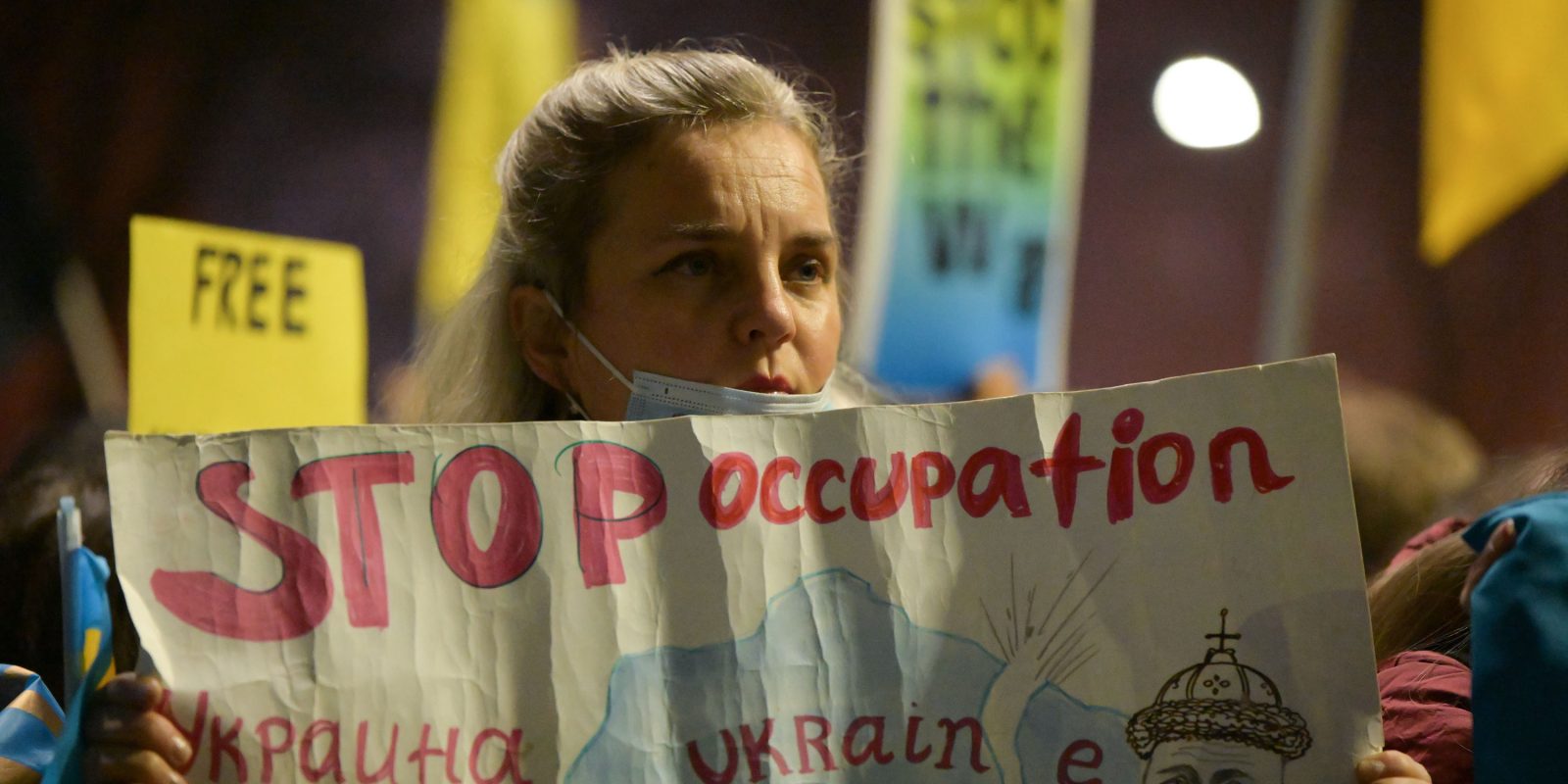
Meta has said that Putin assassination calls are still prohibited on Facebook and Instagram, clarifying an earlier statement which temporarily permitted calls for violence against Russian invaders in Ukraine …
Russia blocked access to Instagram from the country after parent company Meta announced a change to its moderation policy.
Background
Meta normally prohibits calls for violence, but it made a temporary exception in response to the Russian invasion of Ukraine.
Meta Platforms will allow Facebook and Instagram users in some countries to call for violence against Russians and Russian soldiers in the context of the Ukraine invasion, according to internal emails seen by Reuters on Thursday, in a temporary change to its hate speech policy.
The social media company is also temporarily allowing some posts that call for death to Russian President Vladimir Putin or Belarusian President Alexander Lukashenko, according to internal emails to its content moderators.
Putin assassination calls still prohibited
However, after Russia accused Meta of facilitating “illegal calls for murder,” the company has reportedly amended its stance. CNN reports:
Meta, the parent company of Facebook and Instagram, issued a reminder on Sunday that it prohibits calls on its platforms for the assassination of high-ranking world leaders, following intense scrutiny of the company’s decision last week to relax hate speech policies in Ukraine. In an internal post to employees, Meta President of Global Affairs Nick Clegg said “we do not permit calls to assassinate a head of state.”
The internal post […] was reported by Bloomberg and Reuters and confirmed to CNN Business by a Meta spokesperson.
Although Putin is not named, the context is clear.
Russians evade Internet blocks
Many citizens of the country are now using VPN services to evade the government blocks on Facebook, Instagram, and Twitter. Usage of secure messaging apps has also increased
Since the invasion of Ukraine, Russians have been flocking to virtual private networks (VPNs) and encrypted messaging apps, tools that can be used to access blocked websites such as Facebook or safely share news about the war in Ukraine without running afoul of new, draconian laws banning what Russian authorities consider to be “fake” claims about the conflict.
During the week of February 28, Russian internet users downloaded the five leading VPN apps on Apple and Google’s app stores a total of 2.7 million times, a nearly three-fold increase in demand compared to the week before, according to the market research firm SensorTower.
That growth dovetails with what some VPN providers have reported. Switzerland-based Proton, for example, told CNN Business it has seen a 1,000% spike in signups from Russia this month.
Some are suggesting that this is yet another fail on the part of the Russian government, as a growing proportion of the population is for the first time getting the ability to bypass government censorship – something Putin may come to regret for years to come.
Photo: Samuel Jerónimo/Unsplash
FTC: We use income earning auto affiliate links. More.





Comments